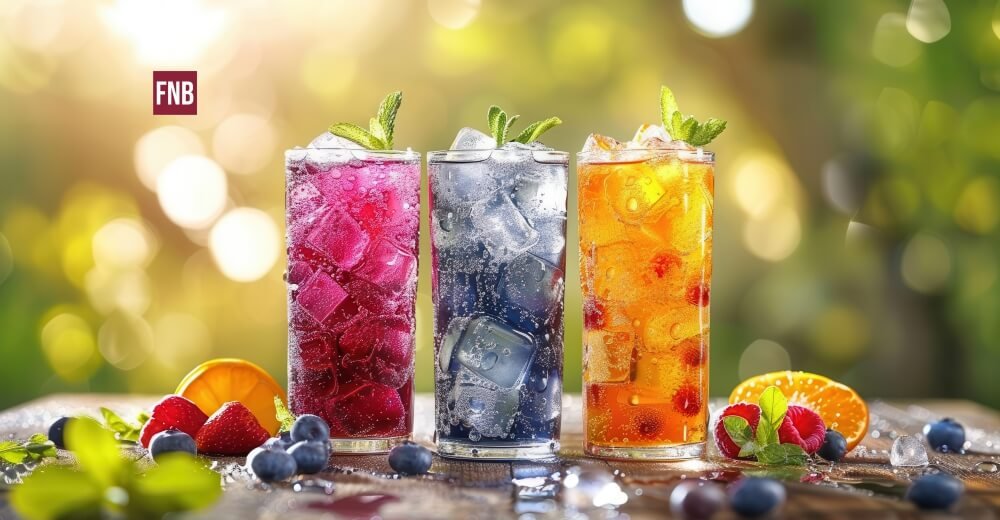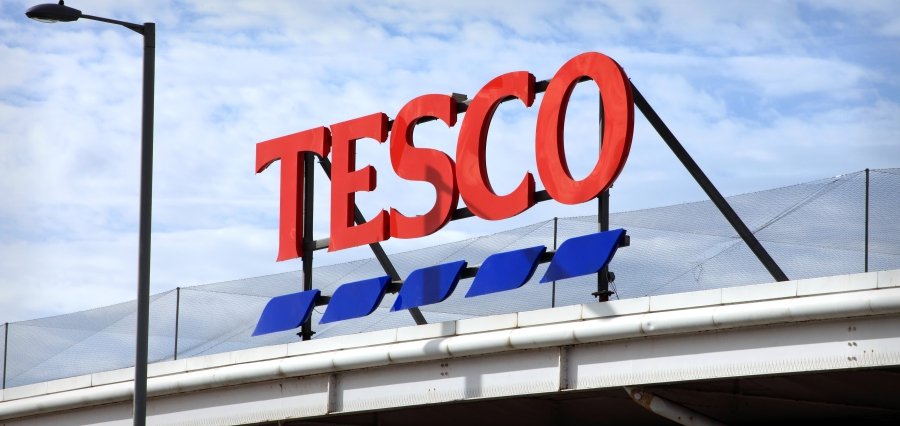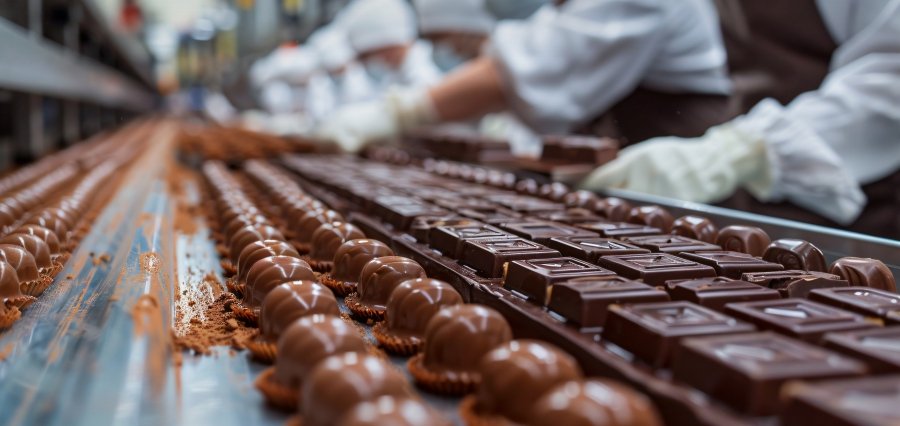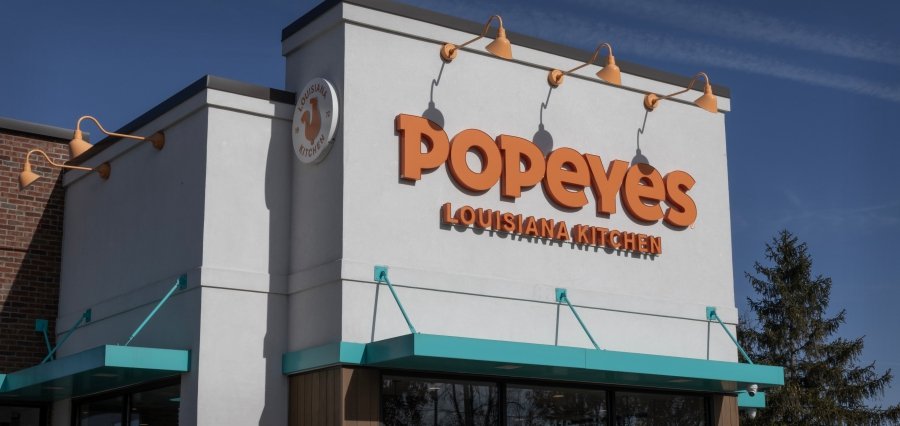Beyond the Bar
The rise in functional drinks really marks the shift in consumers’ behavior, especially among younger generations who more and more turn to alternatives in place of traditional alcoholic drinks. Some call it “mindful drinking,” changing the beverage landscape with an added focus on health-conscious options and a growing desire for having more positive social experiences with less bad effects of alcohol.
Understanding Functional Drinks
Functional beverages are drinks that, apart from hydrating and providing taste, have health benefits that go beyond these simple qualities. They usually have additives that are supposed to create an improved mood, boost energy, or increase cognitive ability. From probiotic kombucha to adaptogenic herbal teas and CBD-infused beverages, this is the broad category of products, with consumers seeking out such drinks as they become increasingly educated on the health dangers associated with drinking alcohol.
The Market Dynamics
Functional beverage is on a roll and will reach an estimated $249 billion worldwide by 2026. In the United States alone, sales surpassed $9 billion in early 2024, accounting for nearly 10% of the overall beverage market excluding cannabis drinks. It is fueled by a demographic shift; the non-alcoholic market is led by younger consumers, especially the Millennial and Gen Z groups who are taking a lead toward health-oriented lifestyles.
Key Drivers of the Trend
Many factors have made functional drinks the rising stars:
- Health Consciousness: With people increasingly aware of the health concerns of drinking alcohol, the majority have become conscious and search for healthy alternatives. Results of the studies show that there is a significant number who believe functional beverages can aid in leading a longer, healthier life.
- Social Inclusion: Many consumers wish to socialize without the negative impacts of alcohol. Functional drinks are an alternative for socializing that allows people to have tasty drinks without getting drunk.
- Increasing Diverse Offerings: The diversity in the functional drink space is growing at a high pace. Products containing adaptogens, nootropics, and other wellness ingredients speak to those who seek more specific health benefits—say, better digestion or a stronger mind.
The Appeal of Functional Drinks
Functional drinks appeal to an extremely wide range of tastes and needs. Some brands are focused on using ingredients such as THC or other mood-enhancing compounds in an attempt to recreate the social lubrication that traditionally comes with alcohol without its side effects. Nootropics are also taking off as consumers seek ways to sharpen their focus and mental clarity without caffeine or sugar-fueled energy drinks.
Probiotic-rich beverages will appeal to those interested in gut health, providing a delicious alternative to sugary sodas, while at the same time promoting overall well-being.
Consumer Perspectives
Not that functional drinks will find support in younger age groups; old consumers will be drawn into functional drinks also. The trend is increasing where more baby boomers tend to decrease alcohol intake and try other drinks, which taste more complex with healthy value. Dual interest of older and the new generations of the population says functional drinks could be present for longer.
Challenges and Considerations
Despite their increasing popularity, there are challenges to the functional beverage market. Many health-related claims by manufacturers that come into the market are not really challenged by the FDA and are thus open to much potential consumer confusion about what constitutes a genuinely beneficial product. Moreover, even as functional drinks offer an alternative to alcohol, they do not replicate the social functions traditionally associated with drinking.
The Future Landscape
As consumer preferences continue to change, brands will probably innovate in the space further. The trend to demand products that are at least both enjoyable and health-providing will therefore provide the impetus for investments into research and development as businesses look to innovate around flavour enhancing methods of preparation which preserve health-promoting features.
With the heightened awareness of sugar’s unhealthy effects, functional drinks are now more likely to be served as mixers for cocktail parties or standalone at a social gathering. As such, it also matches the general culture towards lifestyle and consumption behaviors that favor health and mind-set consciousness.
Conclusion
The functional drink phenomenon represents an important cultural shift away from traditional alcohol consumption toward healthier options that are better for well-being and don’t compromise on the social experience. This developing market is full of excitement and innovation, catering to an ever-growing health-conscious consumer base. By embracing these changes, brands will be able to put themselves at the forefront of this emerging new sector and answer the needs of modern consumers who want pleasure and purpose in their beverages.






